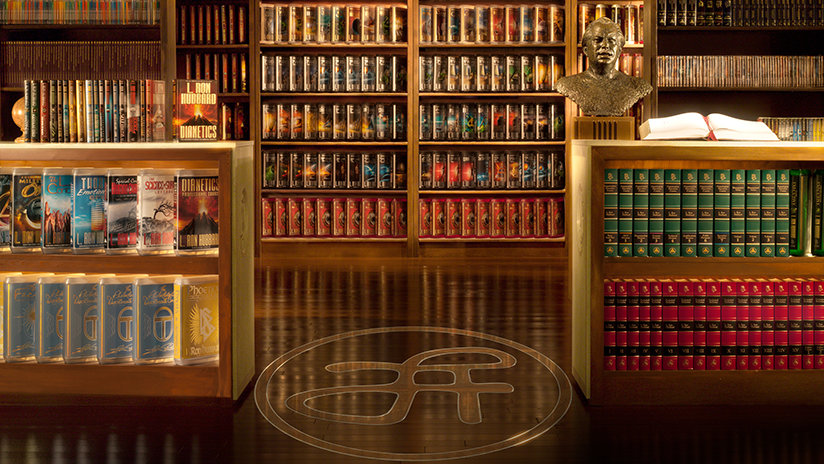
-
HOME
-
WHAT IS STANDOur Mission Our Values Our Help Contact
-
WHAT WE FIGHT FORReligious Freedom Religious Literacy Equality & Human Rights Inclusion & Respect Free Speech Responsible Journalism Corporate Accountability
-
RESOURCESExpert Studies Landmark Decisions White Papers FAQs David Miscavige Religious Freedom Resource Center Freedom of Religion & Human Rights Topic Index Priest-Penitent Privilege Islamophobia
-
HATE MONITORBiased Media Propagandists Hatemongers False Experts Hate Monitor Blog
-
NEWSROOMNews Media Watch Videos Blog
-
TAKE ACTIONCombat Hate & Discrimination Champion Freedom of Religion Demand Accountability
Is Scientology an Investment?
When it comes up in conversation with someone that I’m a Scientologist, I usually say to the person: “…and you’re welcome to ask me anything you like about it.” People almost always take me up on the offer.
It’s often fascinating to hear people’s understanding (or misunderstanding) of Scientology based on what they’ve heard or read in passing. When I clarify any misconceptions for that person I can see “the penny drop” as whatever preconceived notions they might have fall by the wayside, replaced by the simple, workable truth that is the hallmark of Scientology.

One thing that people ask me is why Scientologists make donations for their services. I think there’s an idea that help, especially of a religious nature, should be free. But once you start to examine that concept, it’s easy to see that nothing in life is ever actually free and that resources are required to do absolutely anything.
Everything requires some form of energy to run, whether that’s gasoline in a car engine, food in your stomach or investment in a business or nonprofit.
Scientology is an applied religious philosophy, meaning you spend time studying and then applying it to improve specific areas of your life.
In order to facilitate this, Scientology churches offer courses, and there are a large number of volunteer staff on hand to help you understand and apply the materials you study so you get what you want to out of the course. Scientology pastoral counseling, or auditing, is also administered in our churches, by individuals who have often spent years of their lives studying and practicing Scientology and the techniques of proper auditing in particular. All of that requires an investment on the part of the individual and the group as a whole.
Every penny I’ve donated to my church has been an investment in myself, my family, my businesses and my community—one that has paid me back a hundredfold.
Rather than asking people to tithe or give a specific amount of money weekly, monthly or annually, which is how many churches around the world can afford to operate, my religion asks parishioners to donate for the auditing or training they wish to receive.
Like any other church, the Church of Scientology is a nonprofit. That means there’s no one within the Church’s structure who personally gains from parishioner donations. All donations are used to ensure each parishioner receives the best possible care and attention and also to help the Church expand around the world so that more people can be introduced to, and benefit from, the study and application of Scientology. This includes making the basic materials of Scientology free and widely accessible to people all over the world, including translating those materials in more than two dozen languages.
Once I explain this to people it makes sense to them. But most importantly, I tell them that for me personally, every penny I’ve donated to my church has been an investment in myself, my family, my businesses and my community—one that has paid me back a hundredfold. That might sound trite but I mean it quite literally. I’ve been fortunate enough to study in very good schools and universities, but my study of Scientology has been the most important education of my life. It has made me much more productive, responsible, ethical and capable. I can’t say exactly where I’d be if I hadn’t become a Scientologist but I’m positive I wouldn’t be as successful (financially and in every other sense) or as happy as I am now.
So for me Scientology has been an investment. It’s one I plan to continue making for the rest of my life. If something works, you keep doing it! And I’ve never found anything that works as well in every area of my life as Scientology.









